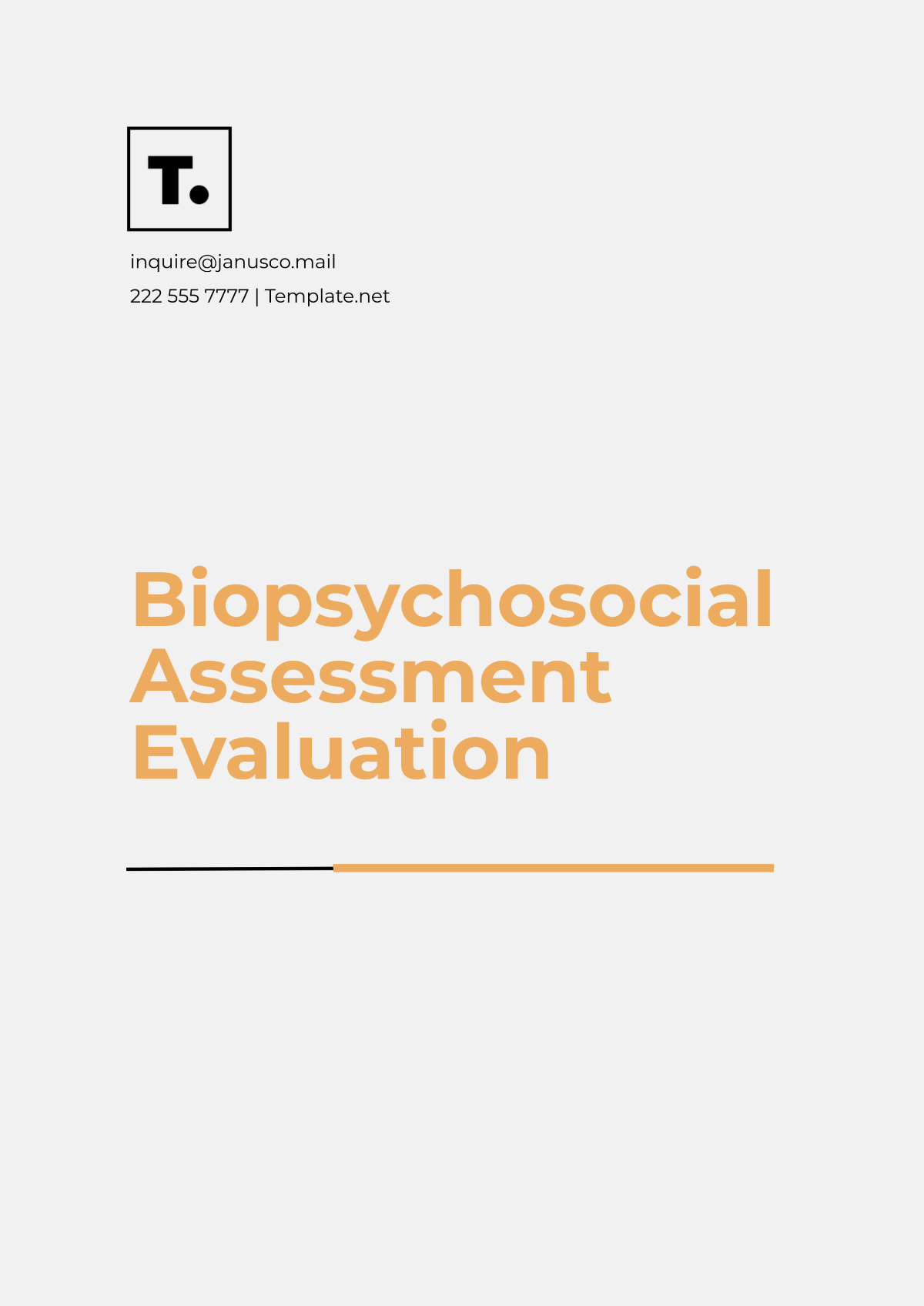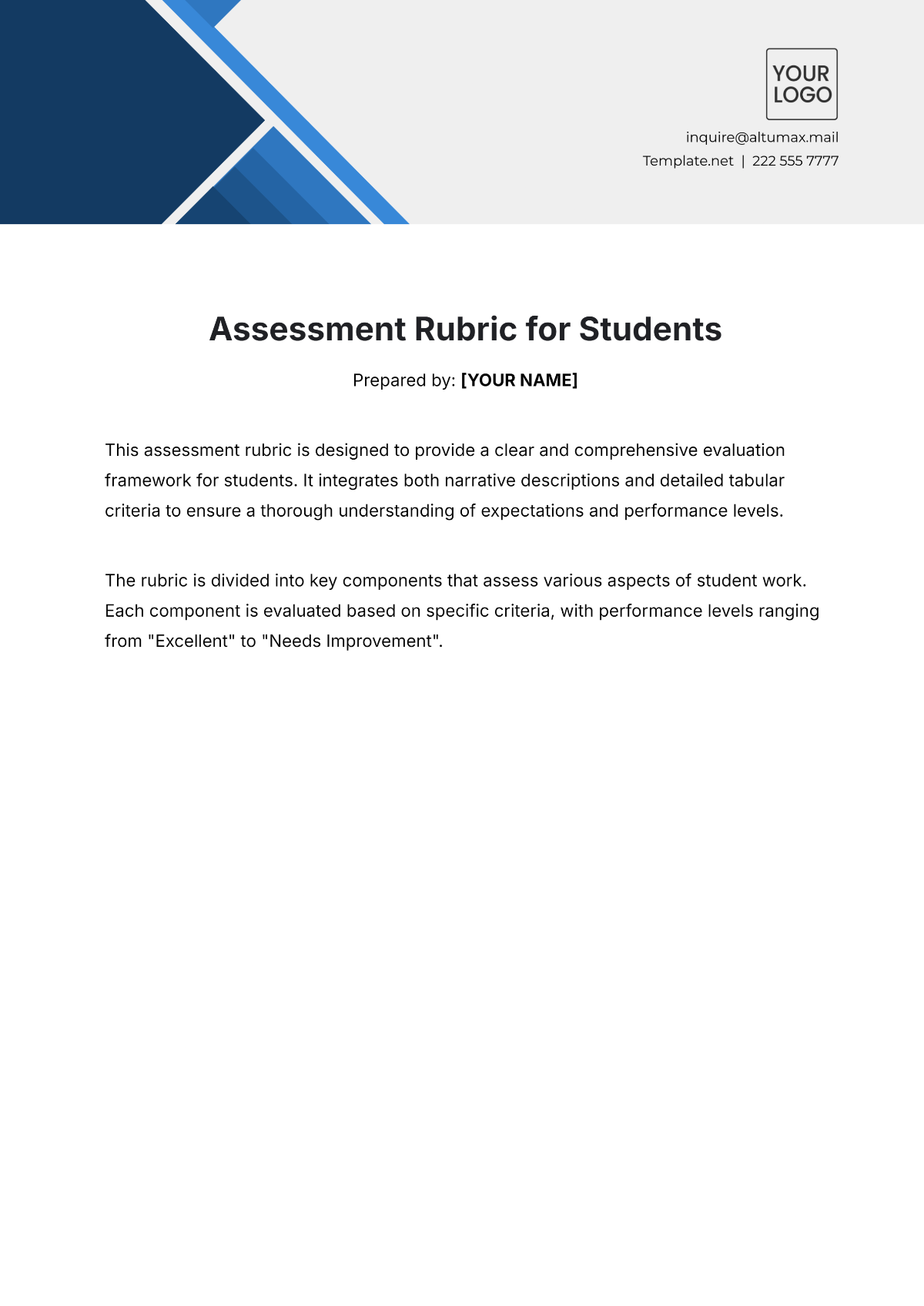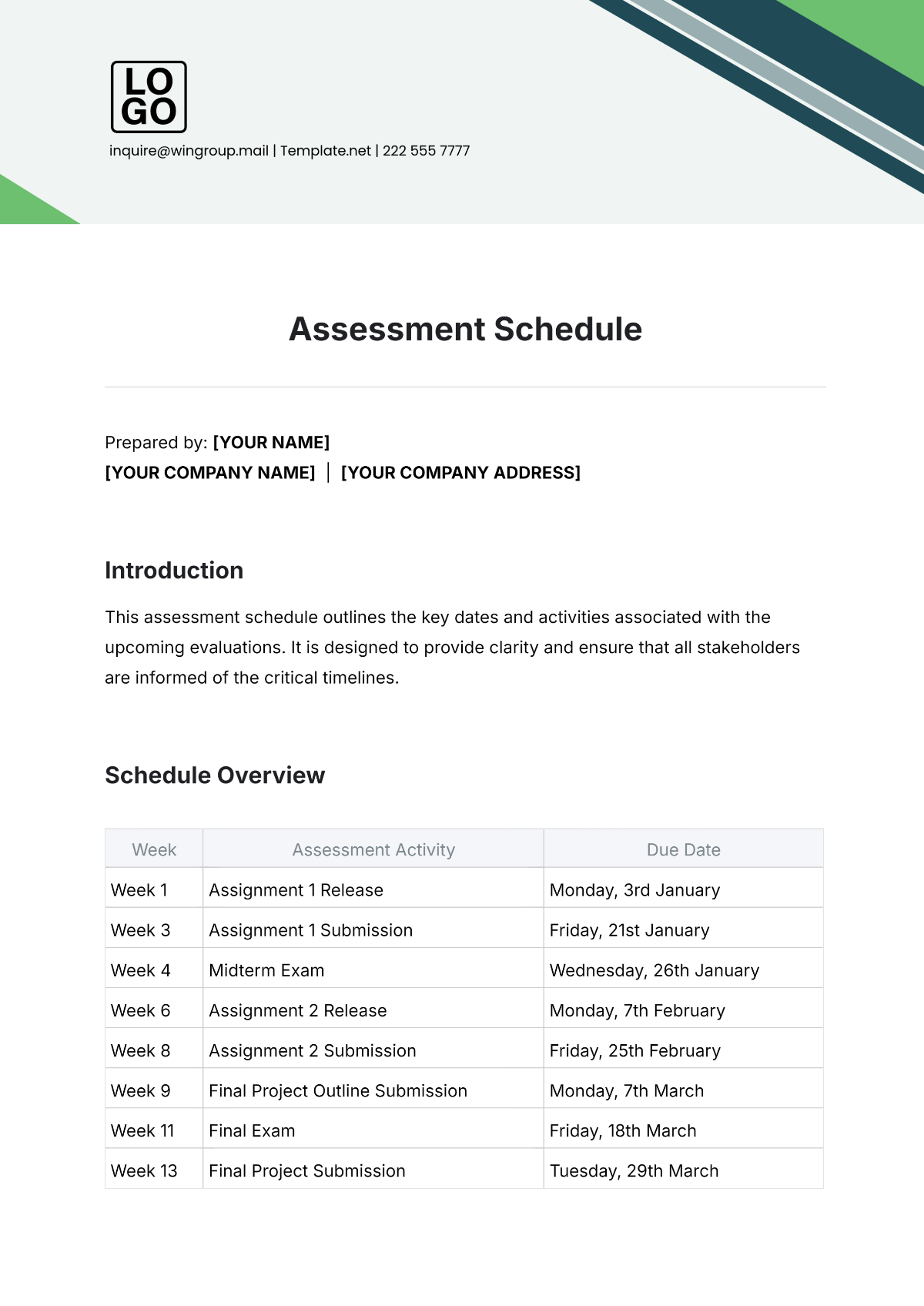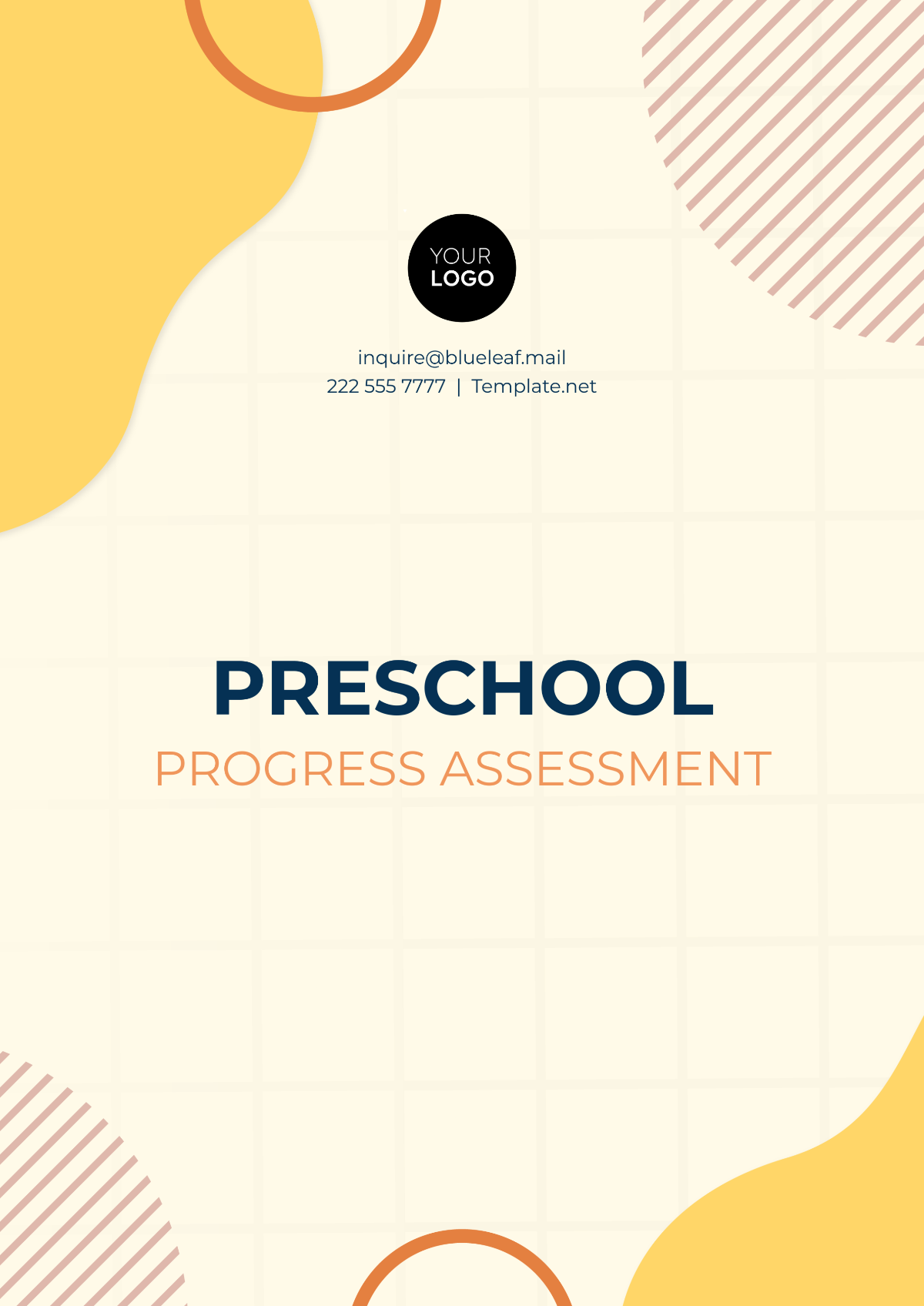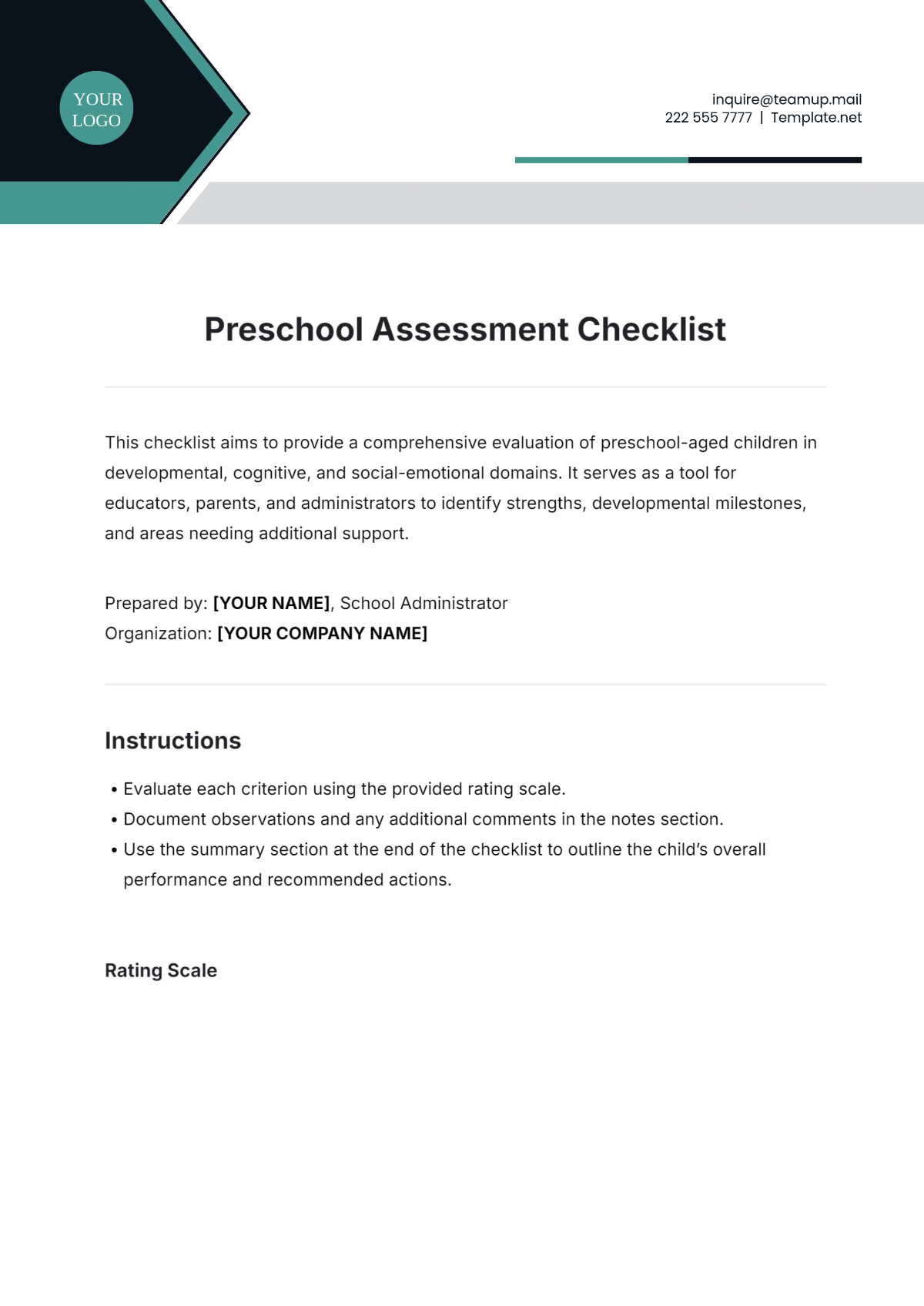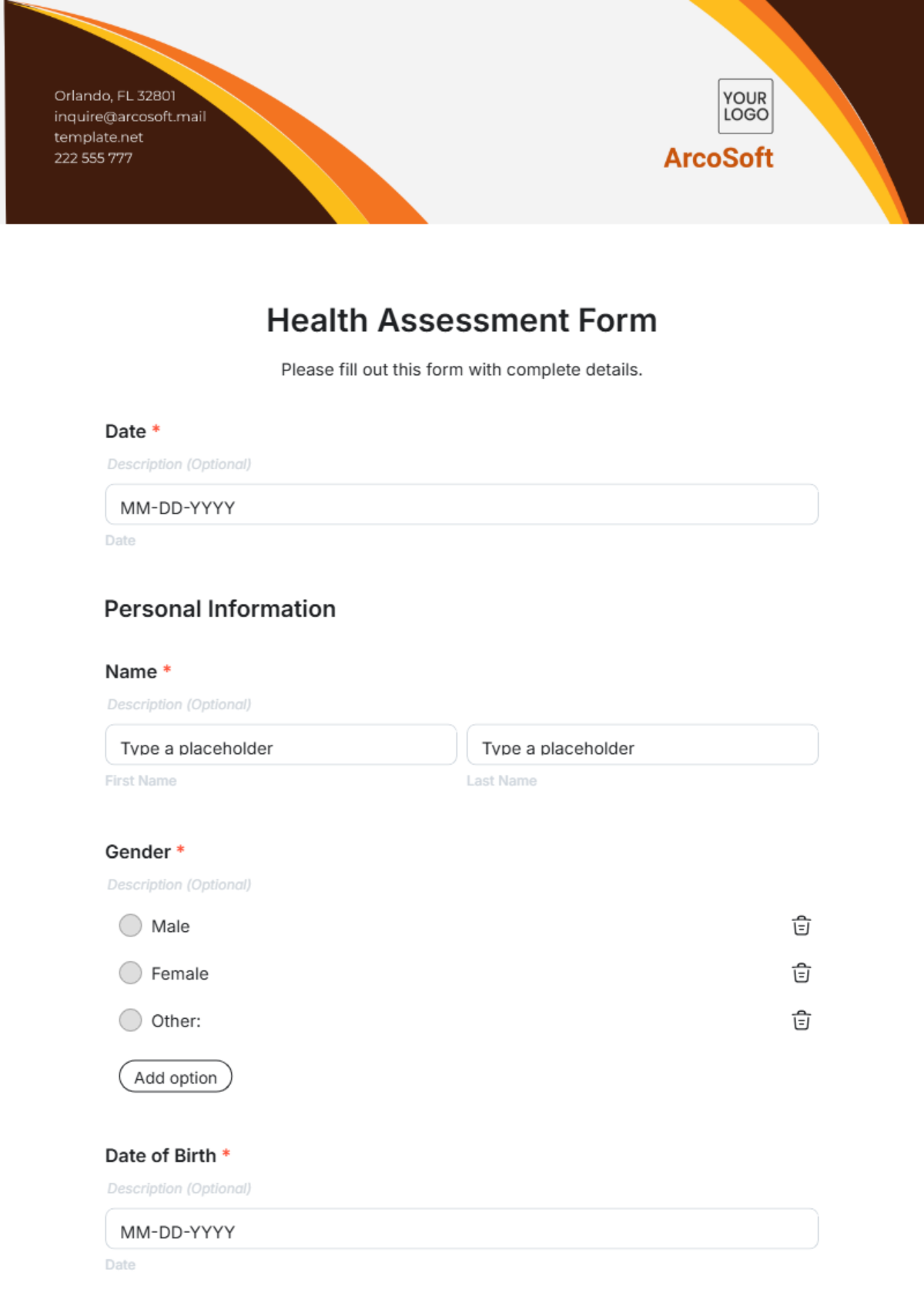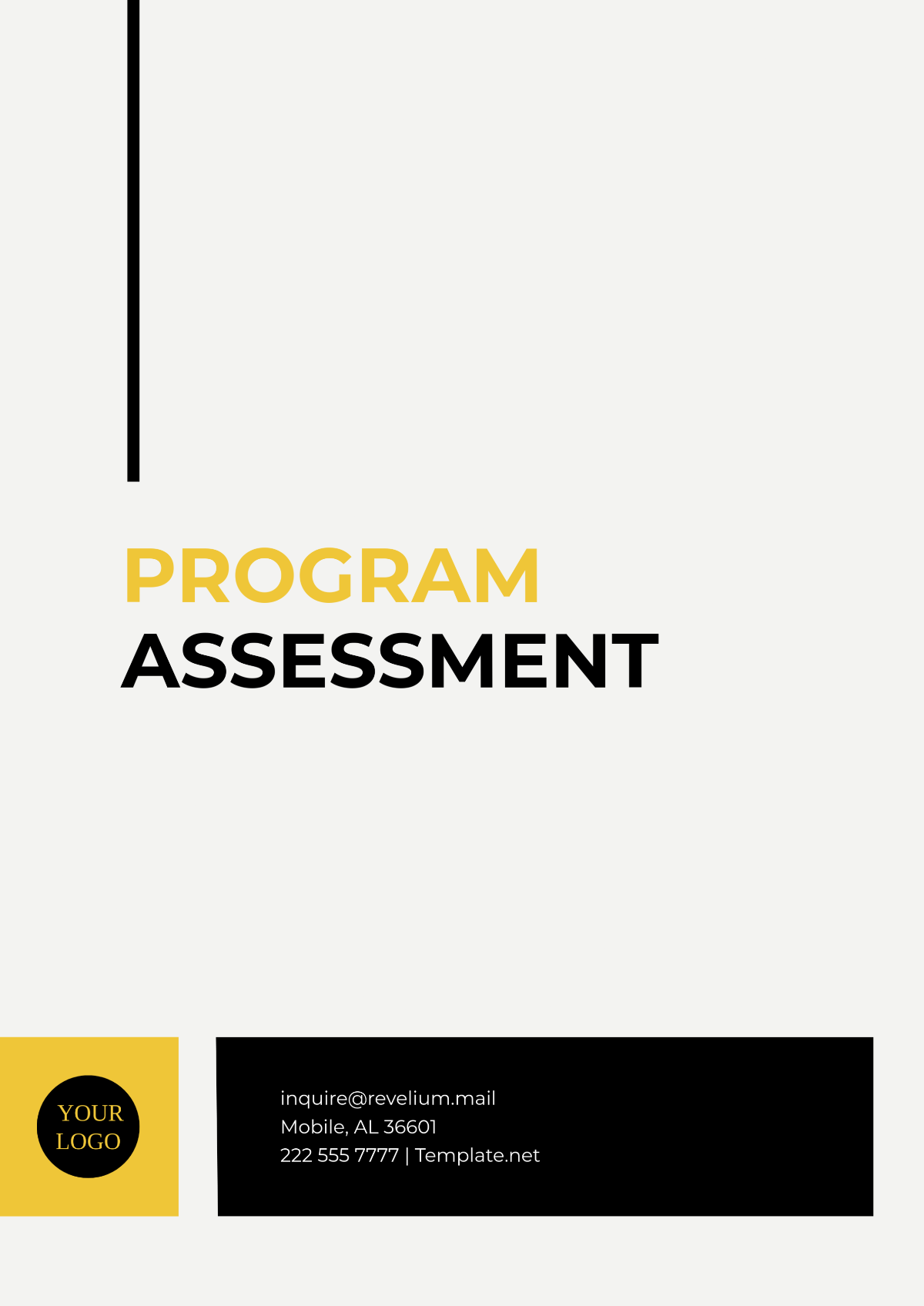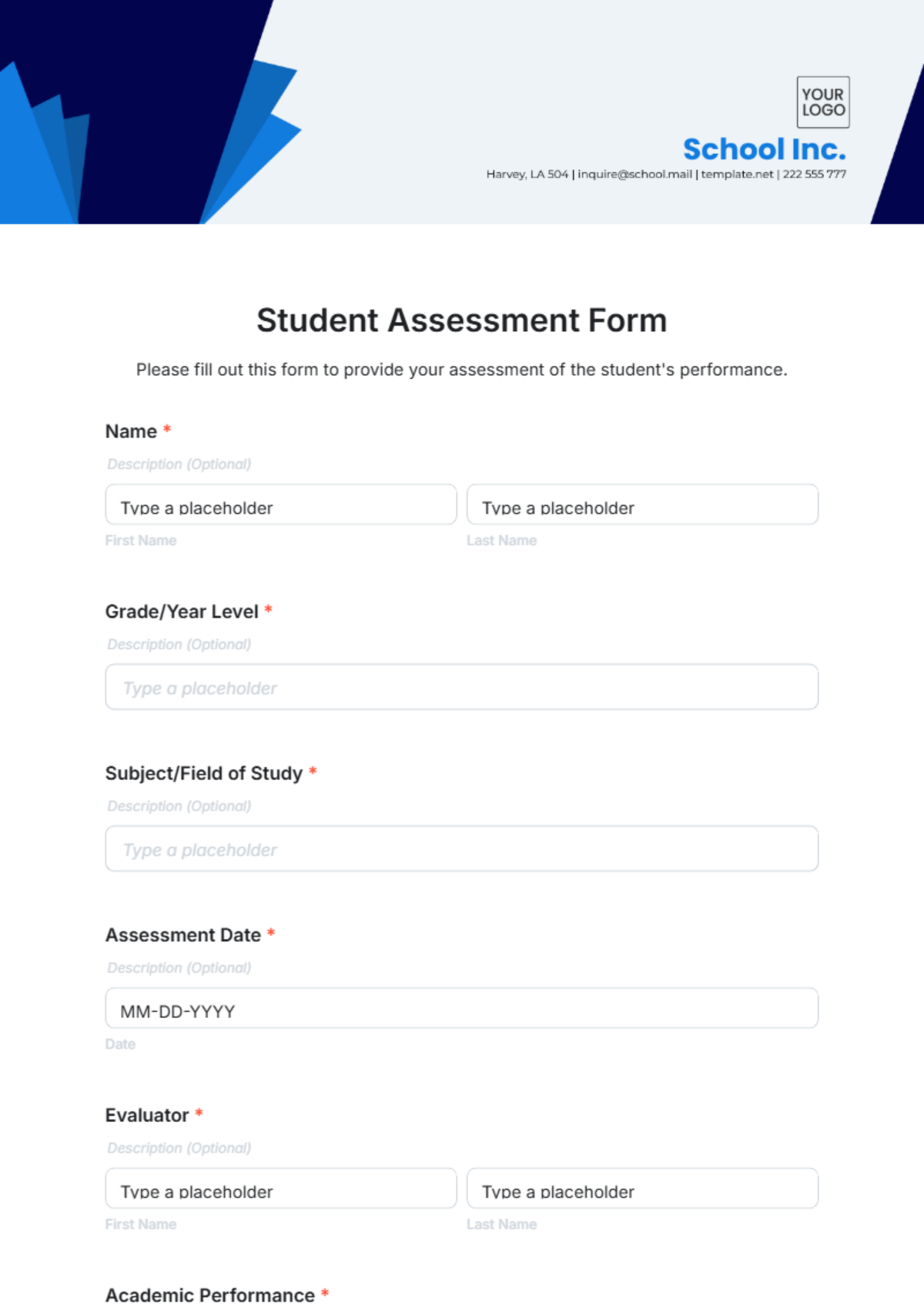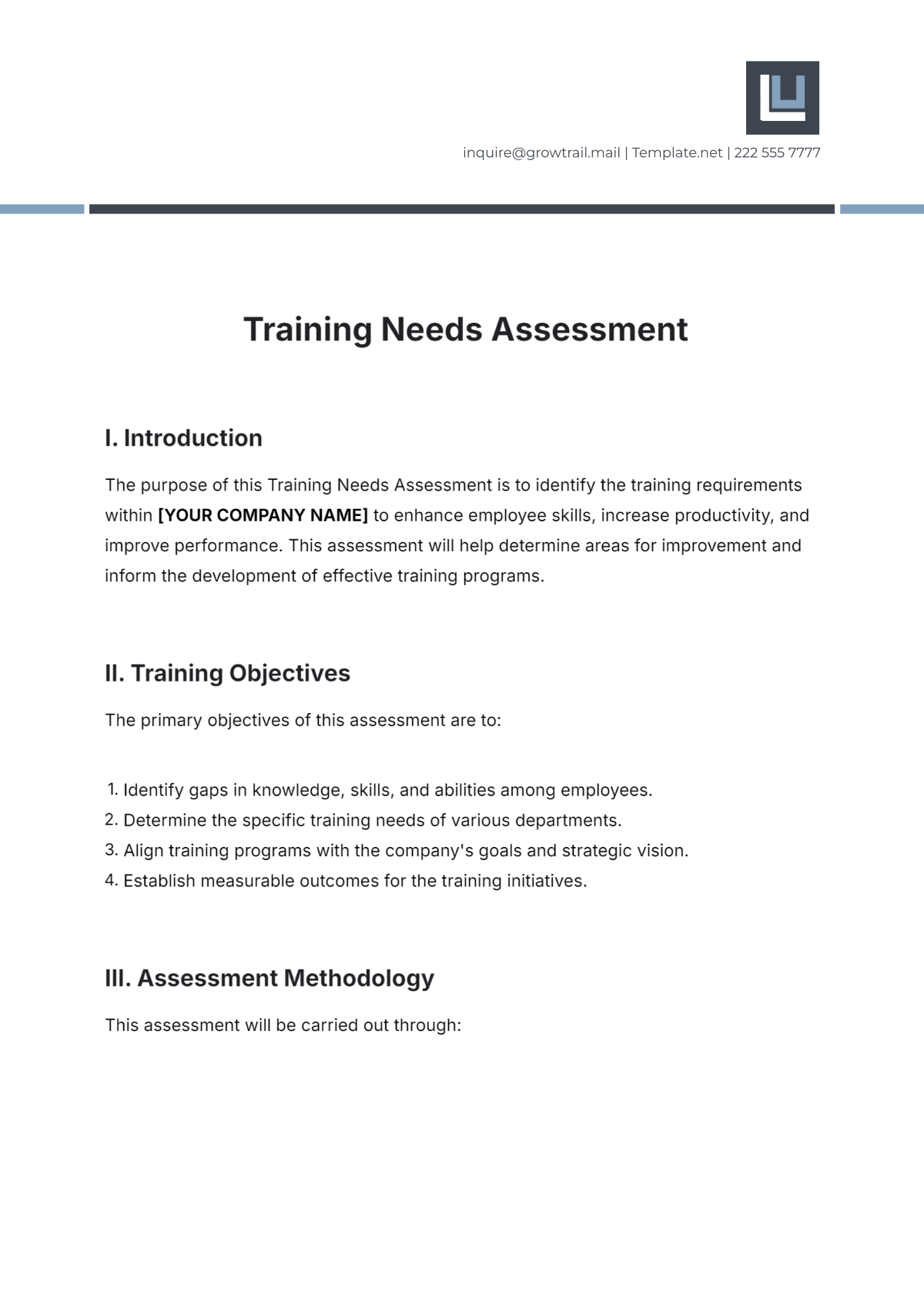Unstructured Observation
Principal Investigator: [Your Name]
Affiliation: [Your Company Name]
Date: [SUBMISSION DATE]
Introduction
Unstructured observation is a qualitative research method where the observer takes a passive role and records whatever is happening naturally without a predetermined checklist or specific guidelines. This approach allows the observer to capture the richness and complexity of the natural setting without the constraints of structured observation.
Characteristics of Unstructured Observation
Flexibility: Observers can shift their focus as events unfold, making it easier to capture unexpected phenomena.
Lack of Predefined Criteria: Observers do not follow a specific protocol, allowing for more spontaneity in data collection.
Natural Setting: Observations occur in natural settings, providing a more authentic context.
Advantages of Unstructured Observation
Advantage | Description |
|---|---|
Rich Data Collection | Enables the collection of comprehensive and nuanced data that structured methods may miss. |
Flexibility | Allows the observer to adapt to ever-changing situations and capture unexpected events. |
Authentic Context | Provides a genuine environment, making the data more applicable to real-life scenarios. |
Challenges of Unstructured Observation
Subjectivity: Observer bias can affect the interpretation of data.
Data Overload: The lack of structure can lead to an overwhelming amount of information that is difficult to analyze.
Time-Consuming: The method requires considerable time for observation and data analysis.
Applications of Unstructured Observation
Unstructured observation is widely used in various fields, including anthropology, sociology, psychology, and education. Researchers often employ this method to explore new areas of inquiry, develop hypotheses, and gain a deeper understanding of social interactions and behaviors.
References
Angrosino, M. V. (2057). Doing ethnographic and observational research. London, UK: SAGE Publications.
Bernard, H. R. (2058). Research Methods in Anthropology (6th ed.). Lanham, MD: Rowman & Littlefield.
Strauss, A., & Corbin, J. (2059). Basics of Qualitative Research: Grounded Theory Procedures and Techniques. Newbury Park, CA: SAGE Publications.








